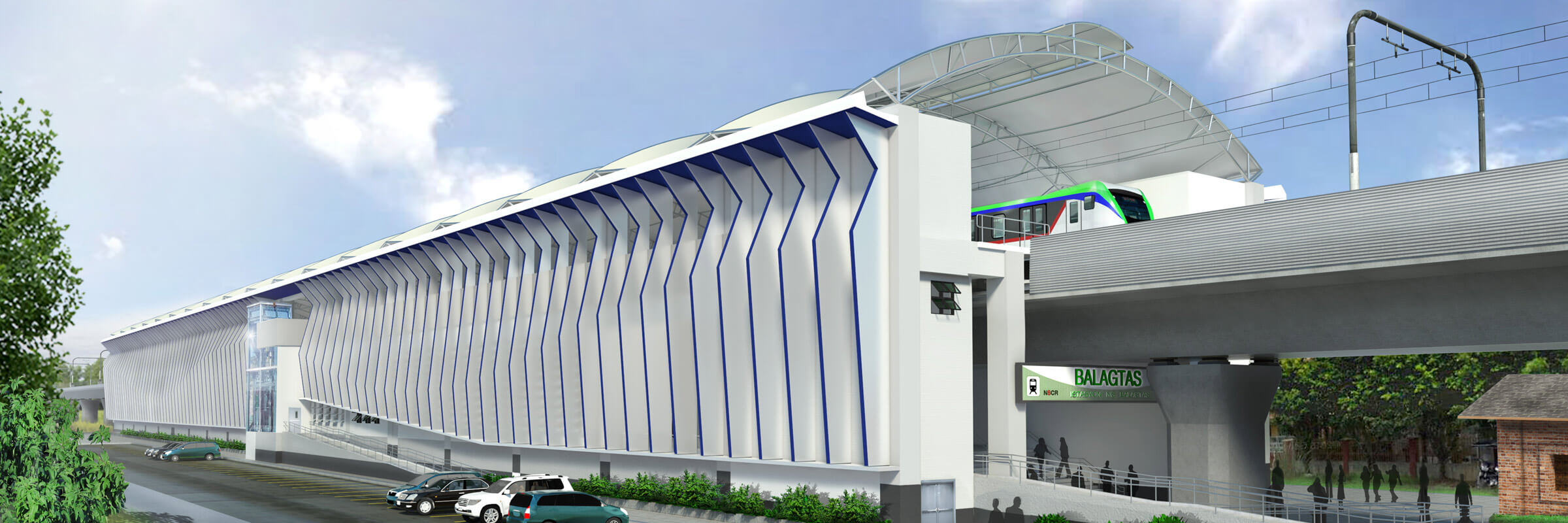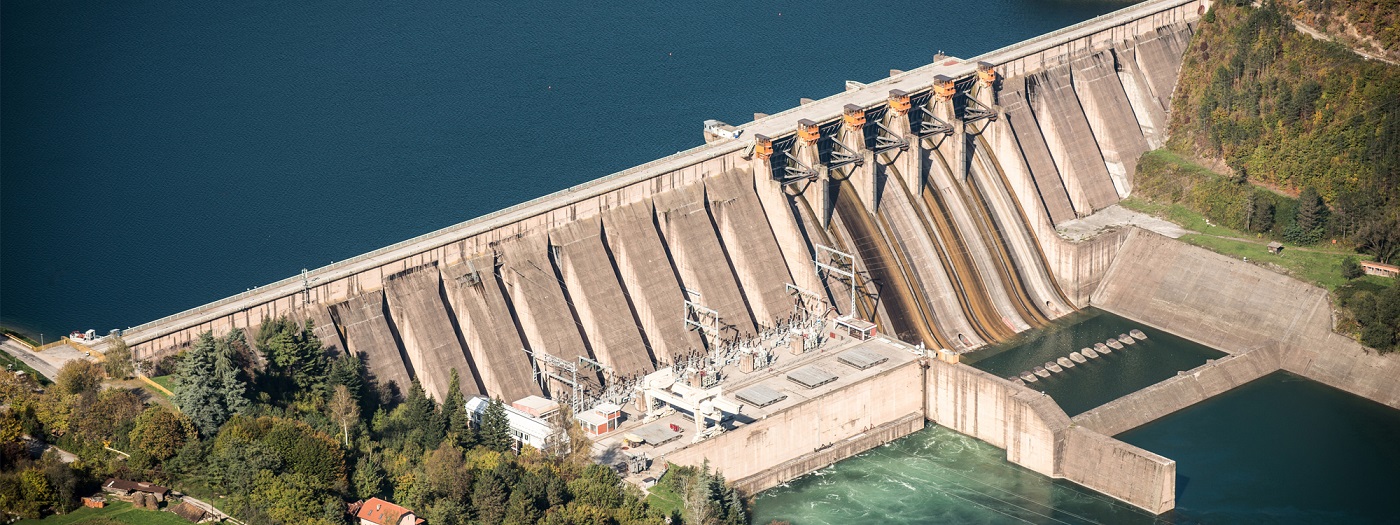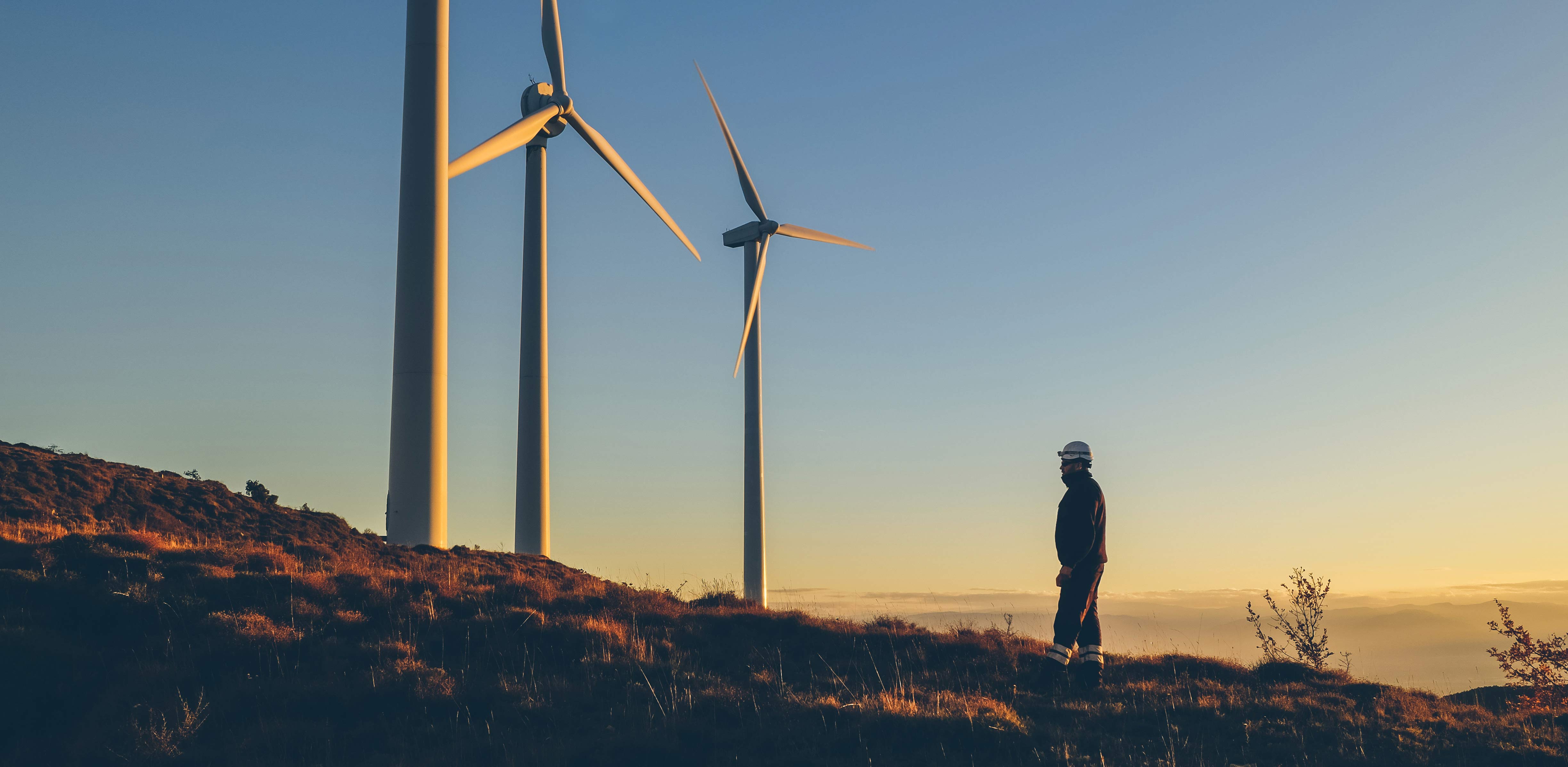
Moving from band-aid solutions to strategy
Initially driven by the Renewable Energy Target (RET), the renewables industry stalled for a period in 2012-14 while the Federal Government reviewed the RET. However, it has recently taken on a life of its own, and State governments are driving their own targets and policies.
While the current focus seems to be on reducing power bills for families (which is understandable), the technical implications of connecting such an enormous number of renewables so quickly are proving to be problematic. A significant bottleneck in projects continues to be seen at the connection application phase.
A long-term holistic technical planning perspective needs to be adopted, and decision-makers should consider revisiting their approach. Right now, I see a „band-aid“ type fix to get solar farms connected, and this won’t help with delivering a long-term renewable solution to meet Australia’s growing power needs. As renewables become mainstream, now is the time to take stock and think about the broader and long-term implications of implementation and design to ensure Australia’s renewables are cost-effective, efficient and sustainable.
The Australian Energy Market Operator (AEMO)’s Integrated System Plan (ISP) goes some way in recognising this but we need further mechanisms and augmentations to advance projects more quickly or work collaboratively for more efficient network design. Proponents need to understand where they are in the “queue” to manage investor relations.
2019 and beyond
Renewable energy will continue to grow and become a more substantial part of the energy mix. The Australian Energy Market Operator (AEMO) estimates 14GW of thermal generation will retire in the next 20 years with a further 6GW in the ten years after.
Firming devices will play a significant role in making renewables a long-term alternative. There needs to be a clearer understanding across all stakeholders in the industry, from developers to network service providers and regulators, to work together to maximise the benefit of renewables and supporting technologies.
We’re already seeing solar projects migrate south along the eastern seaboard with an increasing number of wind projects being developed in northern Australia. This will provide some good diurnal split across the energy generation mix.
Beyond the Renewable Energy Target, Federal and State policies will have to provide clear vision and bi-partisan agreement so that investors have enough certainty to continue to develop and finance the market.
Renewable energy will continue to grow and become a more substantial part of the energy mix. The Australian Energy Market Operator (AEMO) estimates 14GW of thermal generation will retire in the next 20 years with a further 6GW in the ten years after.
Quality projects + expert people = renewable results
While the broader renewables industry has been in a boom time for the past three years, SMEC has been at the cutting edge of the field for more than seventy years. Our origins in the iconic Snowy Mountains Hydroelectric Scheme, one of the largest and most complex hydroelectric schemes in the world, has provided us with unparalleled expertise. We also supported Snowy 2.0, the recently announced expansion of the original Scheme, with the feasibility study and reference designs.
Like many consultancies in the power and energy sector, SMEC has transitioned from traditional transmission and distribution work through the mining boom into renewables. Our successes are driven by our people, our engineering experts and their ability to clearly communicate and keep abreast of new technologies.
The volume of renewables projects our teams work on gives us a unique perspective and an understanding of the burgeoning sector. SMEC was involved in over 4500MW of renewable projects in 2018, and we expect no less in 2019. Our specialist services cover four main areas:
- Performing feasibility, concept and detailed design of over 3000MW of renewable generation;
- Delivering over 400MW as an Owner’s Engineer;
- Grid connection assistance for over 1200MW of renewable energy seeking connection to the grid;
- R2 validation and registration assistance work for Solar farms and Battery Energy Storage Systems.
We’re looking forward to projects proceeding to construction in 2019, while assisting our clients in understanding the long-term effect of decarbonisation of Australia’s generation portfolio
Related
insights
 70 Years Forward: Integrated infrastructure
70 Years Forward: Integrated infrastructure
The Snowy Mountains Hydroelectric Scheme is recognised as one of the engineering wonders of the modern world.
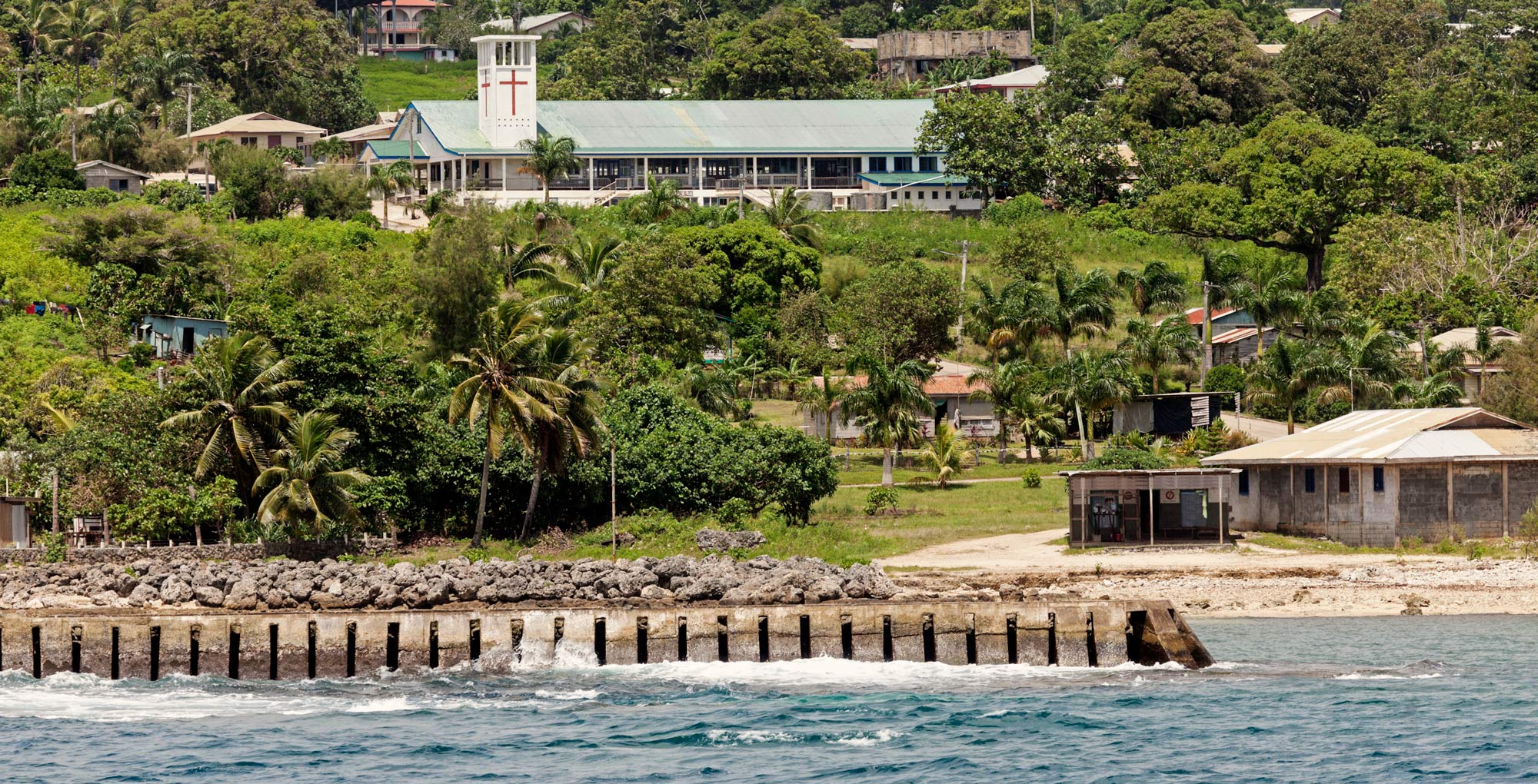 An engaging and entrepreneurial spirit leads to SMEC
An engaging and entrepreneurial spirit leads to SMEC
A career path leading to SMEC is often a diverse one – that was certainly true for Libby Paholski.
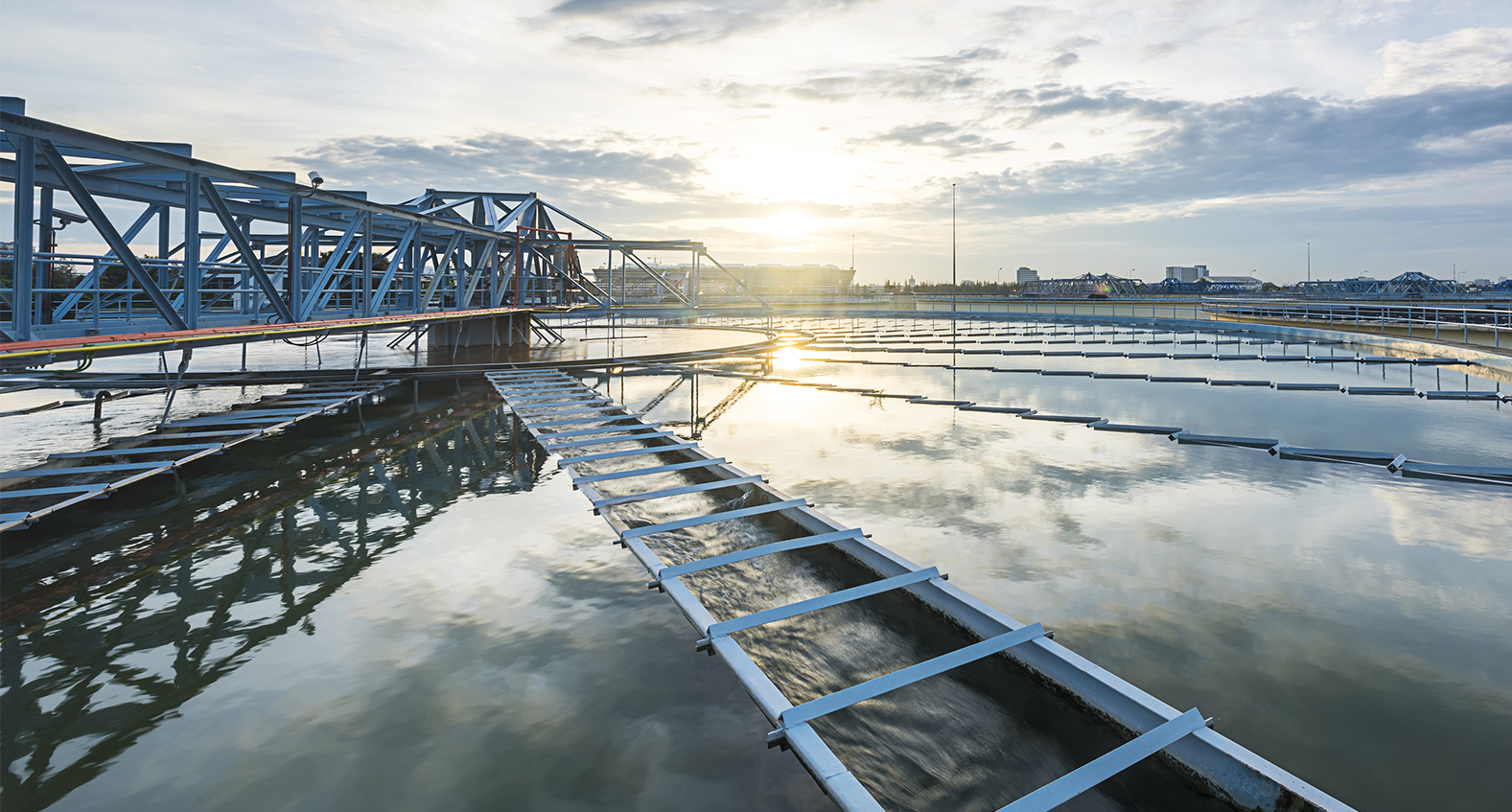 A circular economy for water: water demand and fit for purpose supply
A circular economy for water: water demand and fit for purpose supply
Australia, and the world, is increasingly seeing the effect of climate change on our water supply and security. Scarcity and drought are becoming more prevalent, placing pressure on the current water supply network, and communities are expecting better solutions. As we mark National Water Week in Australia and prepare for summer, it is time to discuss how we best utilise our existing water supplies and create a more resilient future.


